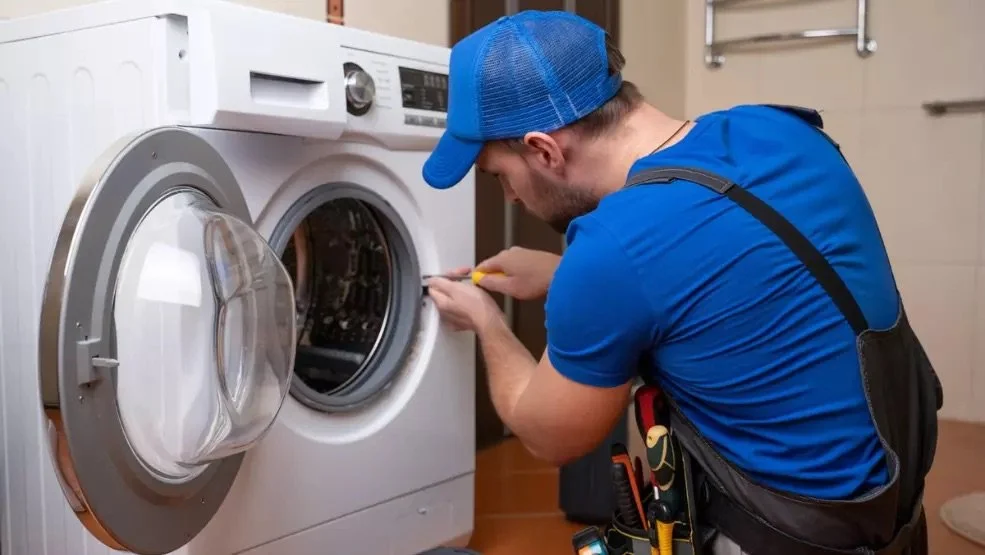Home Warranties: What You Need to Know
If you’re preparing to buy a home, or even if you already own one, you’ve probably heard of a home warranty. For some people, it feels like a safety net that can bring peace of mind. For others, it might feel like an unnecessary expense. So, how do you know if a home warranty is the right fit for you? Let’s break it down.
What Is a Home Warranty?
At its core, a home warranty is a service contract with a company that covers the repair or replacement of major home systems and appliances when they break down from normal wear and tear. Most warranties last for a year and include coverage for things like your HVAC system, plumbing, electrical, water heater, built-in microwave, and sometimes even your washer, dryer, or refrigerator.
The cost of a home warranty varies depending on the provider, the size of your home, and whether you add optional items like pool equipment or well pumps. In most cases, you’ll also pay a service call fee each time a contractor comes out to inspect or repair an issue.
How Does It Work?
Here’s a typical scenario: something in your home stops working, like the dishwasher. Instead of searching for a repair company and paying full price out of pocket, you call your warranty provider. They’ll send out a technician from their approved network. You’ll pay a preset service fee, and the warranty company will either cover the cost of the repair or, if necessary, replace the item, depending on the terms of your contract.
That’s the ideal version. In reality, there can be hiccups. Sometimes repairs get delayed because of parts or scheduling conflicts. In other cases, a claim may be denied if the issue is considered preexisting or related to improper maintenance. If you’re not satisfied with the contractor sent to your home, some warranties allow you to request another, but that usually means paying another service fee.
Home Warranty vs. Homeowners Insurance
It’s common to confuse home warranties with homeowners insurance, but they cover very different things. Homeowners insurance protects your property against major risks like fire, theft, or storm damage, and it also covers liability if someone gets hurt on your property. In fact, most lenders require you to carry homeowners insurance before you can close on a home.
A home warranty, on the other hand, is focused on the everyday systems and appliances inside your home. Think of it as coverage for the things you use most often, like your fridge, HVAC system, or water heater, that will eventually wear out. It doesn’t replace insurance, but it can help with the unexpected costs that pop up after you’ve moved in.
Who Might Benefit From a Home Warranty?
For many homeowners, especially those buying an older house, a home warranty can make sense. If your appliances are more than a few years old, they’re probably no longer under the manufacturer’s warranty. Having coverage in place means you won’t be stuck footing the entire bill if something breaks. It can also be reassuring if you’re not especially handy or don’t have a list of reliable repair professionals on speed dial.
If you’re purchasing a home as an investment property or managing a rental from out of town, a home warranty can also be useful. It gives tenants a direct line to a service provider instead of calling you for every issue. Just be sure your lease clearly explains who is responsible for paying the service fees when a technician comes out.
The Downsides of a Home Warranty
As helpful as warranties can be, they aren’t perfect. The biggest drawback is limited coverage. Not every repair is included, and the fine print often spells out specific exclusions. For example, if an appliance breaks due to improper maintenance or a preexisting problem, the warranty may not cover it.
Another downside is repair delays. Because warranty companies typically try to repair before replacing, you may wait days or weeks for parts or approvals. That can be frustrating if your air conditioning goes out in July or your refrigerator stops working.
Finally, there are the cost considerations. You’ll pay an annual premium, often several hundred dollars, and a service fee each time you call for help. If you go years without needing repairs, you might feel like you paid for coverage you didn’t use. On the flip side, if a major system fails, the warranty could save you thousands.
How to Decide If It’s Right for You
The most important step before buying a home warranty is to read the contract carefully. Don’t assume everything in your home will be covered, make sure you understand the limits, exclusions, and service fees. If something isn’t clear, ask questions before you sign.
Think about your situation. If you’re buying an older home, or if you’d rather not worry about unexpected repair bills, a warranty might give you extra peace of mind. If you’re handy, have a newer home, or prefer to set aside your own emergency fund for repairs, you may decide to skip it.
A home warranty isn’t a one-size-fits-all solution. For some homeowners, it’s a smart safeguard against surprise expenses. For others, especially those who are financially prepared for repairs, it may not be necessary. The key is knowing your home, your budget, and your comfort level with risk.
If you’re preparing to buy or sell a home in Hampton Roads and wondering about warranties or any other part of the process, I’d be happy to talk it through with you.

